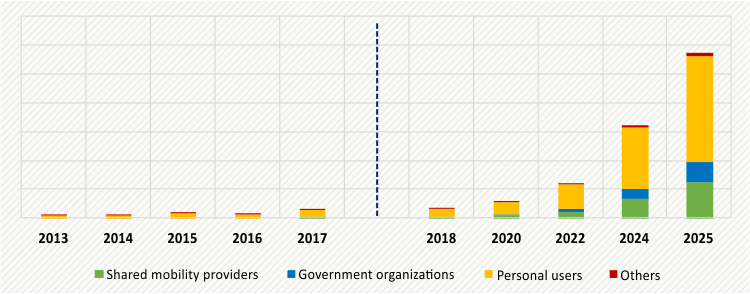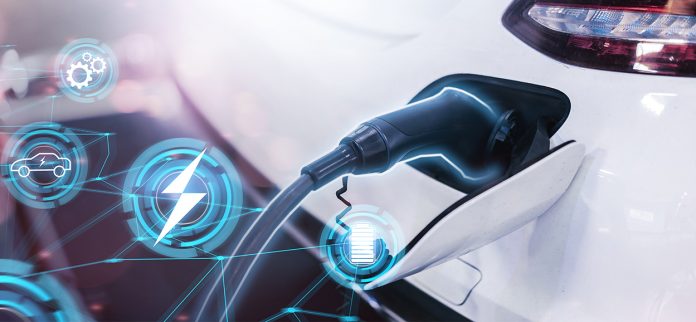Climate change-related issues have gained significant attention in recent years, and governments from practically every nation on earth have been promoting the expansion of the electric vehicle (EV) industry in an effort to solve the challenges effectively. India has redoubled its efforts to promote clean mobility in accordance with the global effort to cut carbon emissions. To do this, it has given the EV industry significant incentives and favorable rules. The nation’s whole automobile industry, which includes both electric and ICE automobiles, is now the fifth largest in the world and is predicted to overtake the second-largest market by the year 2030.
India and the EV Industry
In India, the industry accounts for roughly 7.1% of the country’s GDP and 49% of its manufacturing GDP. The country’s EV market is anticipated to have a net worth of just $ 2 billion by 2023 and $ 7.09 billion by 2025, compared to the automobile industry’s $ 222 billion valuation. India, particularly in the two-wheeler market, has one of the highest unrealized potentials for the expansion of electric transportation. From under 1% today, the prevalence of clean and green two-wheelers on Indian highways is anticipated to increase exponentially to 15% by 2025. In India, there were 13,92,265 electric vehicles in total as of August 2022, and the Ministry of Road Transport and Highways projects that figure to rise to 45–50 million by 2030.

Charging Infrastructure
The number of models, charging infrastructure, vendor ecosystem development, and monetary incentives can all be worked on by the country’s EV sector participants with government assistance and by utilizing contemporary technologies. The government must actively solve a number of issues, including the high initial cost and inadequate charging infrastructure if India is to see a rapid green transition. Although EV sales have steadily increased across the nation, about 63% of people still think that buying an electric vehicle is out of their price range.
De-licensing and Privatization of EV Charging Stations
The government has undertaken many efforts, such as de-licensing the installation of EV charging stations, to assist the growth of the charging infrastructure on a priority basis. Establishing a strong charging infrastructure has been a primary focus. The government has also lengthened approvals for the setup of private charging stations in homes and workplaces in an effort to increase the number of EV charging stations. As a result, anyone can now quickly access the local or state branch organization for the setup of a private charging point. Additionally, the government has given permission for the installation of EV charging stations in shopping centers, apartment buildings, office buildings, restaurants, hotels, and other public locations.
EV Battery Security
The government has also been concentrating on assuring the security of electric vehicle batteries. The road transport ministry recently established an expert committee to develop plans for new safety requirements to be added to the current battery safety standards. The government’s decision, which took effect on October 1, 2022, was made in response to reports of electric vehicle fires in several regions of the nation.
In addition to safety criteria for battery cells, battery management systems, onboard chargers, battery pack design, heat propagation owing to internal cell short circuits causing fire, etc., the government also made changes to the EV battery standards. The transport ministry is also looking to develop a more secure and environmentally friendly mobility infrastructure in the nation. With over Rs 9000 crore invested by EV companies in India over the past year, the government’s varied programs and altered rules have significantly increased the electric vehicle market.








